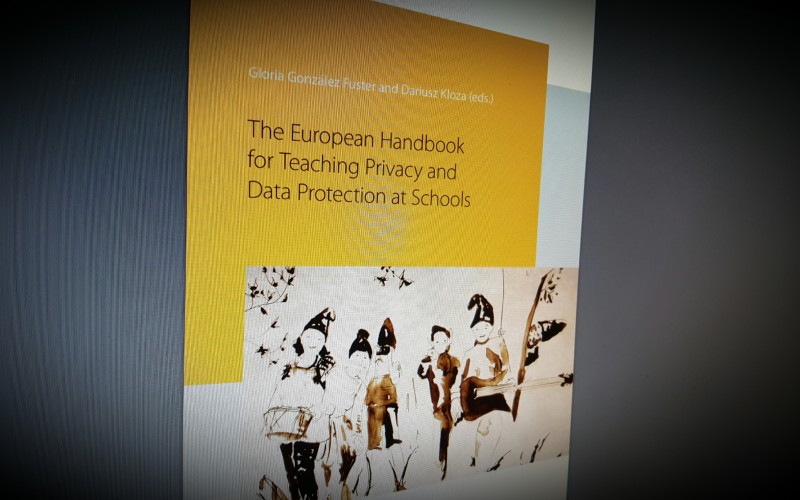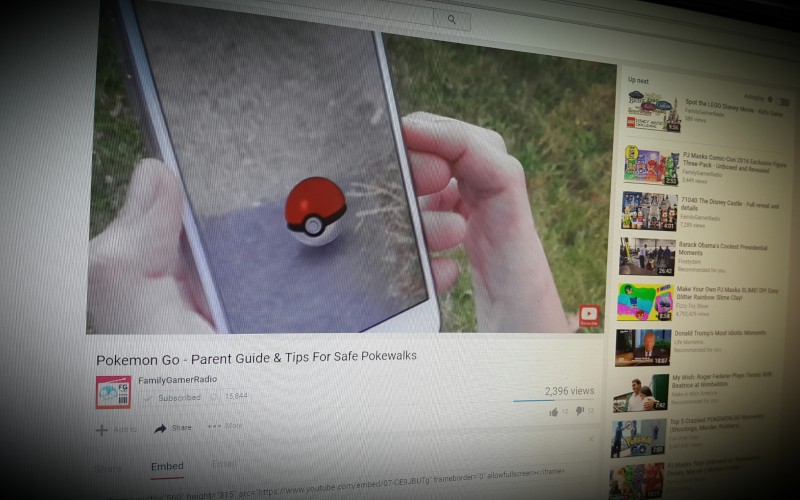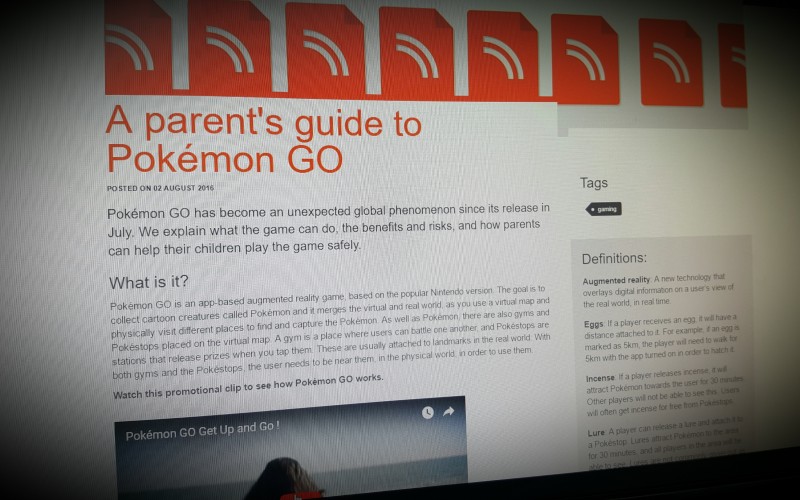The concept of the ARCADES project was based on a 2009 Polish nation-wide programme for schools entitled Your data – your concern and the relatively high interest expressed by teachers in Poland for this programme, which inspired the Polish Data Protection Authority to transfer the idea to the European level.
The project team believes that schools should teach pupils about privacy and personal data protection. The topics related to the protection of personal data can be incorporated in the curricula of various schools’ subjects.
Download the book here.






Comments
make a comment